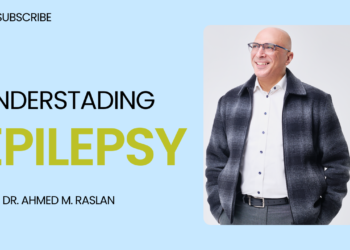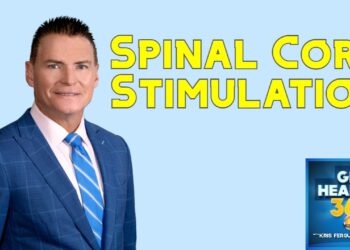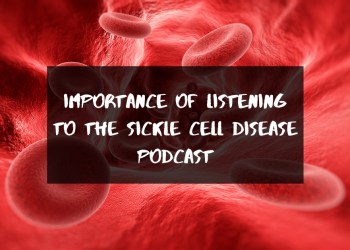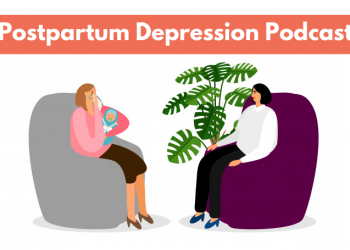Can OTC pain medication increase your risk of a heart attack?

There is a group of medications called non-steroidal anti-inflammatory drugs (NSAIDS) that are often taken for pain. Acetaminophen is not in this drug class. Your risk of having a heart attack is increased when taken for longer than a week or in higher daily doses, for example:
– celecoxib greater than 200 mg
– diclofenac greater than100 mg
– ibuprofen greater than 1,200 mg
– naproxen greater than 750 mg
If you are having chronic pain, consult your primary care provider or a pain specialist.
The Research
BMJ. 2017 May 9;357:j1909. doi: 10.1136/bmj.j1909.
Risk of acute myocardial infarction with NSAIDs in real world use: bayesian meta-analysis of individual patient data.
Bally M1,2, Dendukuri N3,4, Rich B4, Nadeau L4, Helin-Salmivaara A5, Garbe E6, Brophy JM2,4,7.
Abstract
Objective To characterise the determinants, time course, and risks of acute myocardial infarction associated with use of oral non-steroidal anti-inflammatory drugs (NSAIDs).Design Systematic review followed by a one stage bayesian individual patient data meta-analysis.Data sources Studies from Canadian and European healthcare databases.Review methods Eligible studies were sourced from computerised drug prescription or medical databases, conducted in the general or an elderly population, documented acutemyocardial infarction as specific outcome, studied selective cyclo-oxygenase-2 inhibitors (including rofecoxib) and traditional NSAIDs, compared risk of acute myocardial infarction in NSAID users with non-users, allowed for time dependent analyses, and minimised effects of confounding and misclassification bias. Exposure and outcomes Drug exposure was modelled as an indicator variable incorporating the specific NSAID, its recency, duration of use, and dose. The outcome measures were the summary adjusted odds ratios of first acute myocardial infarction after study entry for each category of NSAID use at index date (date of acute myocardialinfarction for cases, matched date for controls) versus non-use in the preceding year and the posterior probability of acute myocardialinfarction.Results A cohort of 446 763 individuals including 61 460 with acute myocardial infarction was acquired. Taking any dose of NSAIDs for one week, one month, or more than a month was associated with an increased risk of myocardial infarction. With use for one to seven days the probability of increased myocardial infarction risk (posterior probability of odds ratio >1.0) was 92% for celecoxib, 97% for ibuprofen, and 99% for diclofenac, naproxen, and rofecoxib. The corresponding odds ratios (95% credible intervals) were 1.24 (0.91 to 1.82) for celecoxib, 1.48 (1.00 to 2.26) for ibuprofen, 1.50 (1.06 to 2.04) for diclofenac, 1.53 (1.07 to 2.33) for naproxen, and 1.58 (1.07 to 2.17) for rofecoxib. Greater risk of myocardial infarction was documented for higher dose of NSAIDs. With use for longer than one month, risks did not appear to exceed those associated with shorter durations. Conclusions All NSAIDs, including naproxen, were found to be associated with an increased risk of acute myocardial infarction. Risk of myocardialinfarction with celecoxib was comparable to that of traditional NSAIDS and was lower than for rofecoxib. Risk was greatest during the first month of NSAID use and with higher doses.











